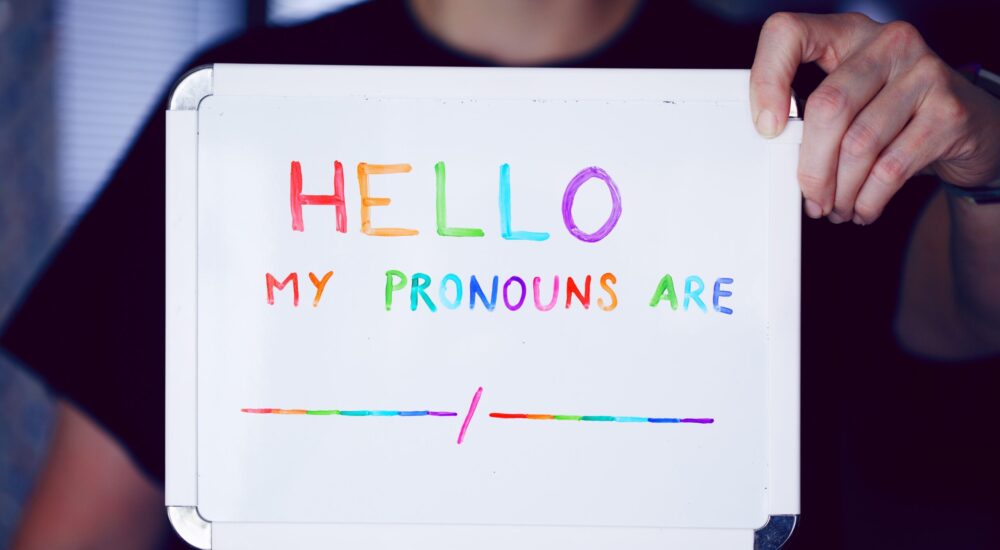The LGBTQ+ community continues to face severe discrimination in the workplace. According to research by The Trevor Project, 1 in 3 LGBT+ Youth, those under the age of 25, experience discrimination at work. Rates rise significantly for those who are non-binary or transgender. And across the community, irrespective of age, 6 in 10 have been made to feel uncomfortable at work, a third have witnessed homophobia and 21 per cent have been subject to verbal abuse.
Due to this ongoing discrimination, over a third of the community have hidden their identity at work. This inability to bring their full selves to work leads to issues such as poor mental health, professional dissatisfaction, and feelings of being psychologically unsafe.
How can employers ensure that they are creating environments that are safe, inclusive, and supportive for LGBTQ+ employees so they can, when they feel ready, share all aspects of their identity with their peers, and feel able to bring their full, authentic selves to work?
Implement zero tolerance policies
Sadly, more than two in five LGBQ+ employees and over half of Trans employees have experienced conflict in the workplace in the past 12 months. By enforcing strict zero tolerance policies, you are showcasing to all employees that any form of discrimination, bullying or harassment will not be tolerated. This is a strong first step in allyship, as it will reassure LGBTQ+ employees that their workplace is one that’s committed to safety and inclusion through actions that will eradicate harmful and unacceptable behaviour immediately.
Pay transparency
2019 research from YouGov found a 16 per cent pay gap between LGBTQ+ workers and their cis, straight counterparts. This, on average, equates to £6,700 per year – the equivalent of 58 months’ worth of food shops for the average person.
While pay gap reporting is crucial to uncover the depth of pay disparities to work towards a tangible goal, unlike gender and ethnicity data that is easier to collect, collecting LGBTQ+ data can be difficult. Self-declaration is a key issue and is linked directly with a fear of discrimination in the workplace, thus making harder. It is vital to break this vicious cycle in order to drive change, therefore businesses must invest in trainings and workshops, robust talent development programs, assess company-wide strategies and policies and consistently work to end discrimination that LGBTQ+ people still face in the workplace.
An LGBTQ+ pay gap report would holds businesses accountable for making change, provides much-needed transparency and showcases to LGBTQ+ employees that striving for equality is a priority.
Introduce gender-inclusive perks and benefits
Ensure that all perks and benefits offered by your company do not exclude the LGBTQ+ community within your workplace. From parental leave to medical healthcare, look at all assets on offer and consider whether they are applicable to everyone. Additionally, with all policies created, make sure that language used is gender neutral to remain inclusive.
Address unconscious bias
From the language used on job descriptions and policies to the ingrained culture of your working environment, it’s crucial that all members of the team work hard to recognise any areas of bias that may creep into daily interactions as well as hiring, retention, and career development processes.
Through training sessions, much like the conscious inclusion workshops run by our sister company, INvolve, companies can explore and implement the development of practical checkpoints and solutions to mitigate bias within current working practices. It’s more than just being aware that bias exists but tackling them head on.
Self-declaration from the LGBTQ+ community in the workplace remains relatively uncommon, with fear of discrimination continuing to dominate concerns. By not being able to bring their full selves to work, the effects on LGBTQ+ employees’ mental and physical health are grave. It is imperative that employers advocate for and implement a safe, secure, and inclusive environment where everyone feels able to be authentic and, most importantly, happy.
